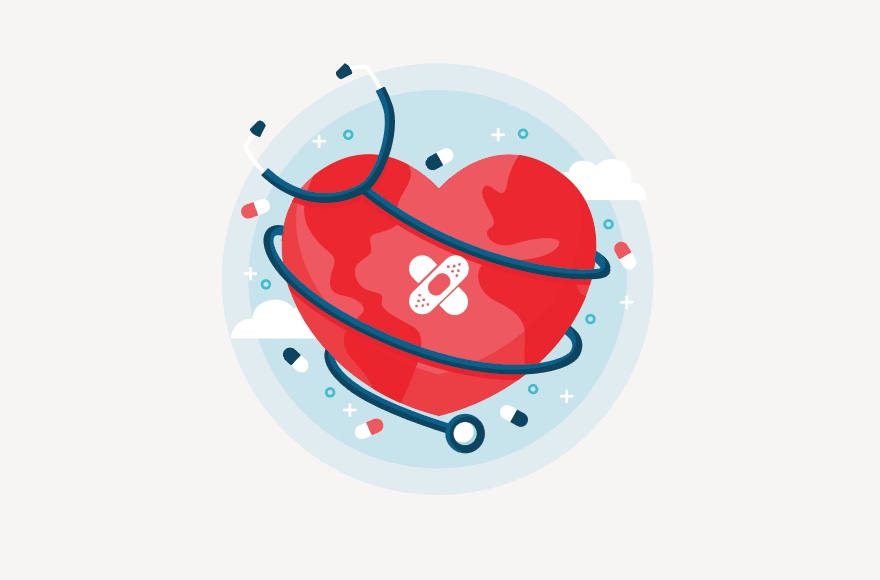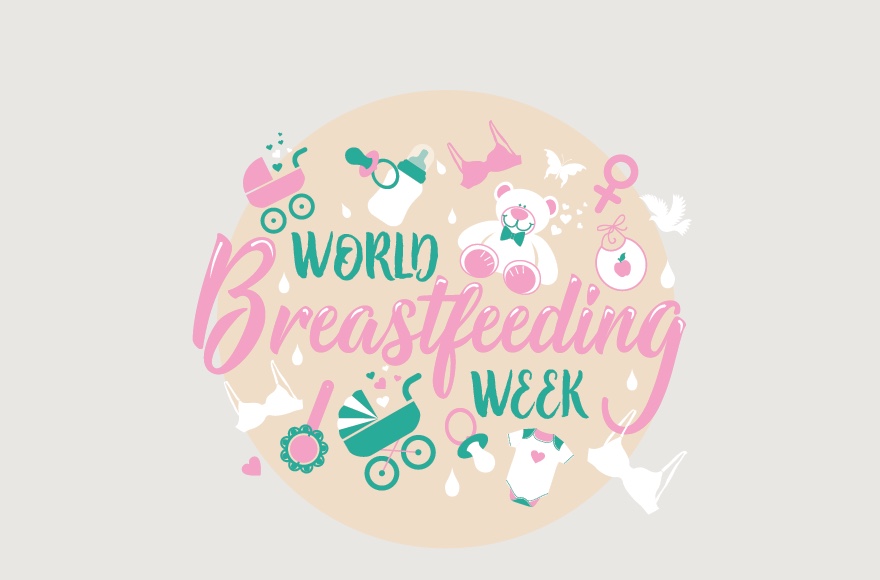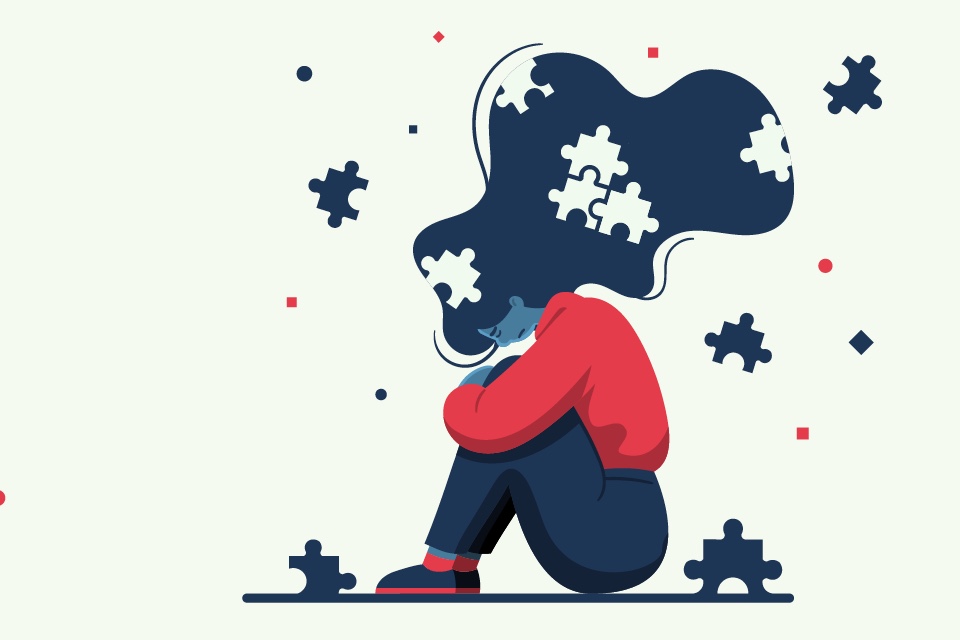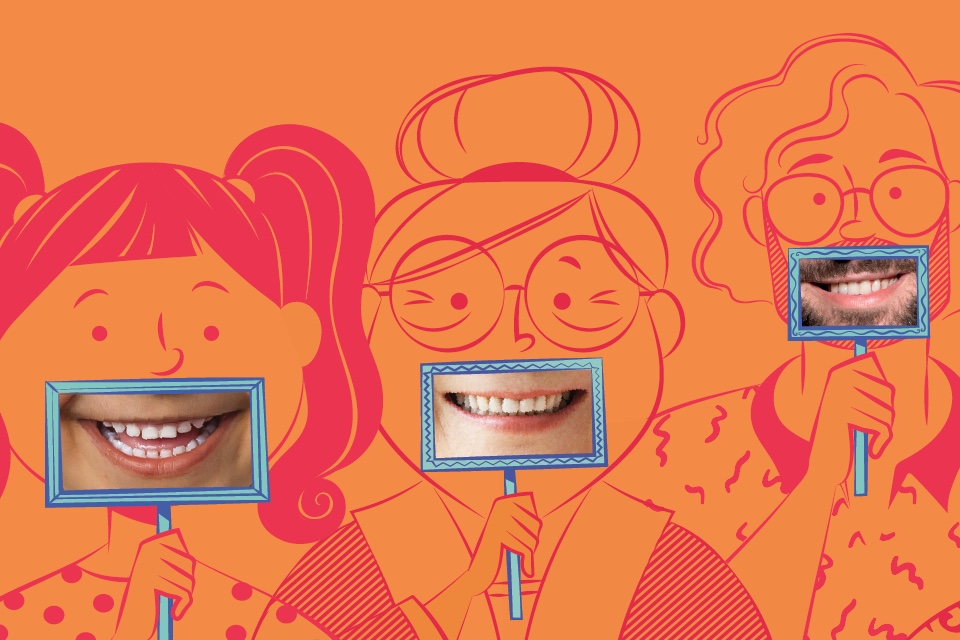World Heart day
USE ♥ FOR EVERY ♥
Cardiovascular disease (CVD) is accountable for nearly half of all non-communicable disease deaths, making it the world’s number one killer. World Heart day is marked annually in September, stressing the importance of beating CVD and reducing its global burden. In Gibraltar, CVD has persistently been one of our top three causes of local deaths…
Cardiovascular diseases (CVDs) are disorders of the heart and blood vessels, they include:
• coronary heart disease
(a disease affecting the blood vessels that supply the heart muscle)
• cerebrovascular disease
(a disease affecting the blood vessels that supply the brain)
• deep vein thrombosis and pulmonary embolism
(where blood clots form in the leg veins, and can dislodge and move to the heart and lungs)
Heart attacks and strokes are usually acute events that ensue when blockages prevent main blood vessels from supplying the heart or brain; these events are responsible for more than 85% of global CVD deaths.
Love your ♥
The main modifiable risk factors for CVD are:
• unhealthy diet and obesity
• physical inactivity
• tobacco use
• harmful use of alcohol
The World Health Organisation stress that by controlling these behavioural risks at least 80% of premature deaths from heart disease and stroke can be avoided.
Working to reduce chronic stress will also reduce the risk of heart disease. The World Heart Federation attest that psychological stress can double the risk of having a heart attack. By resisting any harmful coping mechanisms and taking steps towards a healthier lifestyle, we can maximise our individual heart health.
Find out more…
Take a few minutes to review your heart-healthy lifestyle today; check the “Heart Age tool” on nhs.co.uk and see suggestions on how to gain extra years!
If you wish to learn more about CVD, about prevention and healthy rehabilitation after a coronary event (including use of the rehabilitation gym) contact:
GHA Cardiac Rehabilitation Team:
CardiacRehabCentre@gha.gi
The Gibraltar Cardiac Association:
GibraltarCardiac@gmail.com











